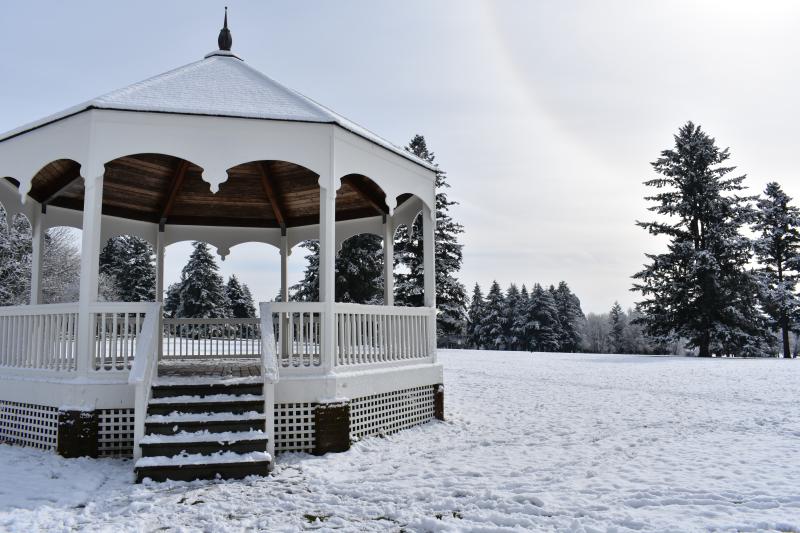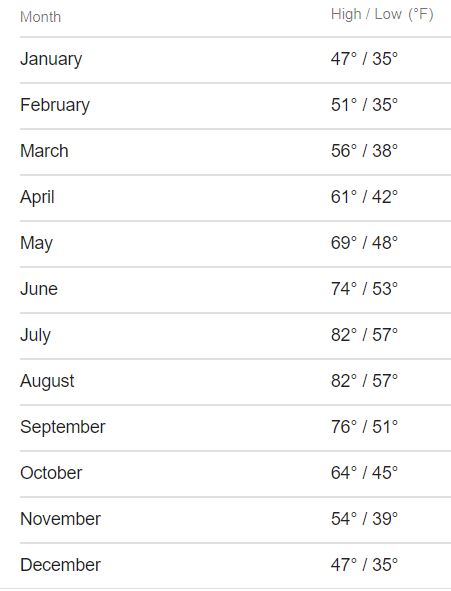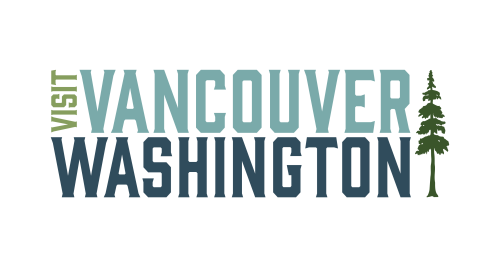Weather in Vancouver, WA
Vancouver, Washington, offers a year-round mild climate. The summer temperatures average in the upper 70s and the winter temperatures rarely dip below freezing. From hot summer days to brisk winter evenings, here are some tips to fill your suitcase with the right gear to keep you comfortable during your visit.
Spring:
The arrival of spring means flowers popping up everywhere—as well as a few showers. When traveling in March through May, pack in layers as the nights are still cool. No matter the season, downpours are rare, but a raincoat, umbrella, or hat is advised. We challenge you to embrace the rain and don't let it stop your adventures!
Summer:
The weather in the summer varies, but that doesn’t stop anyone from wearing shorts! Short sleeves, sunglasses, and sunscreen are advised. Although we usually enjoy warm weather late into the season, the evenings can be cool―pack a light jacket to be safe. You can leave your umbrella at home: July and August only average one day of rain each.
Fall:
One of the most beautiful times in Vancouver WA, the air begins to get crisp and the fall leaves put on a beautiful show. When visiting in September through mid-November, pack a hat, fleece, sweatshirt, and raincoat.
Winter:
The winters are cold in Vancouver and usually hover in the 40s from December through February. Expect snow in higher elevations and plenty of opportunities to enjoy winter sports. Bring a warm coat, gloves, hat, scarf, and boots. While snow days in the city are rare, it does happen occasionally.

Average Temps

Rain Stat
Vancouver, WA averages 42 inches of rain per year, which is four inches above the U.S. average. While the Pacific Northwest ranks high in the "rainiest" category, many other cities get more rainfall, like Juneau, AK (71"), New Orleans, LA (64"), Miami, FL (62"), and Lihue, HI (45"), among others.
